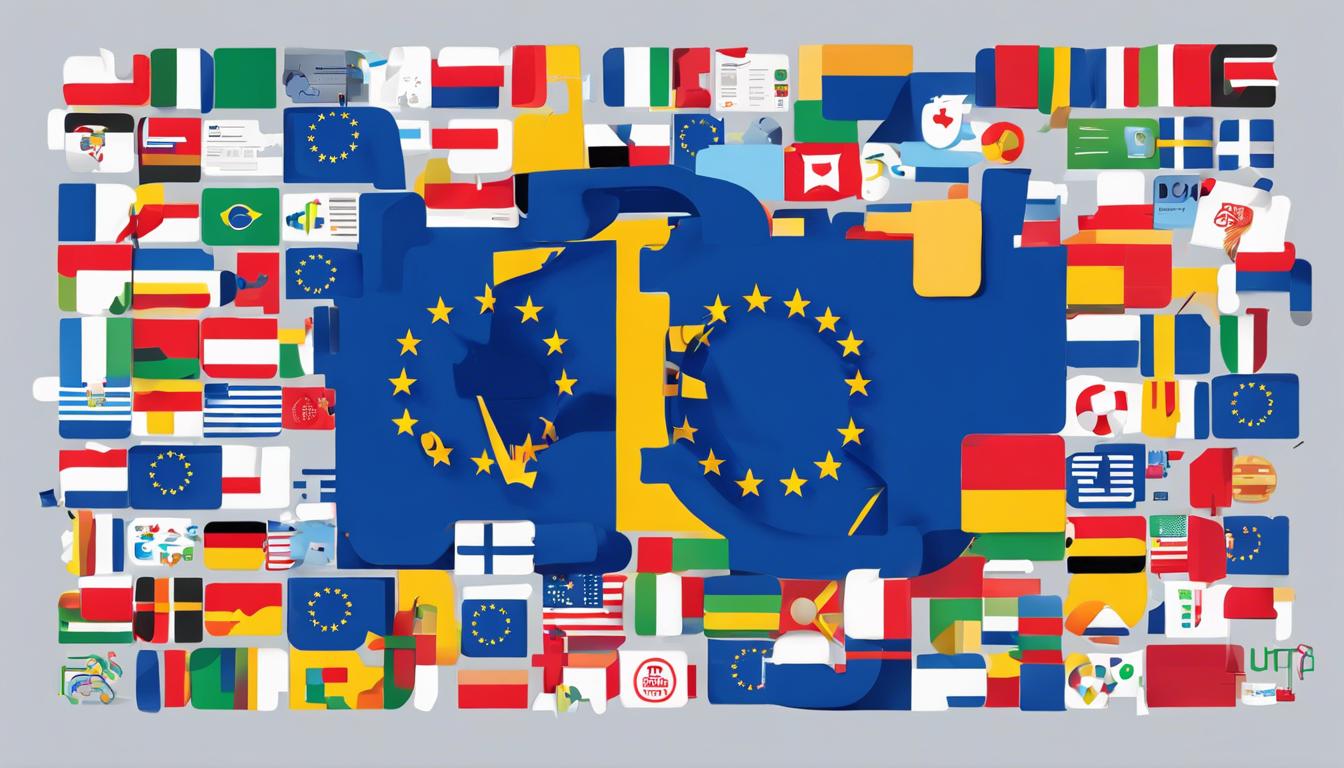The European Union’s newly implemented Digital Markets Act forces major tech giants to adapt their business models, promoting fair competition and more options for consumers in the digital market.
On a historic day last Wednesday, the European Union implemented the Digital Markets Act (DMA), compelling major tech companies—Alphabet, Amazon, Apple, Meta, Microsoft, and ByteDance—to modify their business practices to ensure fair competition within the EU market. The DMA mandates these tech giants to enable third-party app access, provide transparent advertising data, ease app uninstallation, and ensure interoperability between services. It aims to restrict practices such as favoring in-house services and misusing private data.
The European Commission now has the power to conduct market investigations and can impose fines up to 10% of a company’s global turnover for non-compliance. This legislation primarily affects companies with significant market capitalization or user base in the EU, and its enforcement may lead to noticeable changes for consumers, such as increased browser options for Android users and more app store choices for iPhone users.
Simultaneously, Apple has found itself in a conflict with Epic Games, the developer behind Fortnite, over the DMA’s requirement to allow developers to create their own app stores on platforms like the iPhone. This has amplified tensions between the two companies, with Apple terminating Epic’s developer account after it proposed an alternative app store in Sweden for EU users. The European Commission has indicated that Apple’s actions could potentially breach the DMA and other EU regulations designed to prevent tech firms from enforcing arbitrary terms and conditions.
The unfolding situations signify a crucial moment in the EU’s efforts to manage the dominance of major tech companies, showing the challenges and complexities of administering and complying with such regulatory frameworks in the digital landscape.
